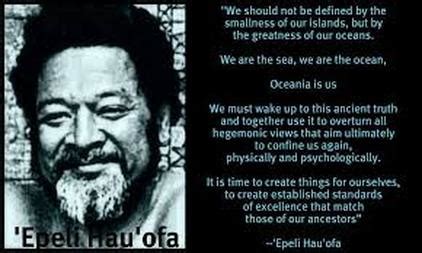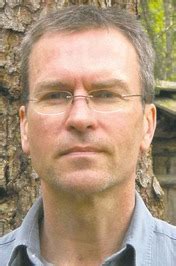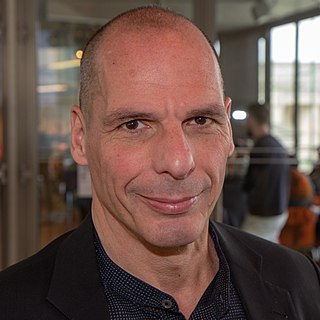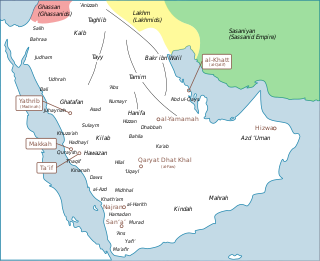A Quote by Winston Churchill
A nation which has forgotten its past can have no future.
Related Quotes
We believe that the possibility of the future far exceeds the accomplishment of the past. We review the past with the common sense, but we anticipate the future with transcendental senses. In our sanest moments we find ourselves naturally expecting or prepared for far greater changes than any which we have experienced within the period of distinct memory, only to be paralleled by experiences which are forgotten.
The establishment of inner harmony is to be attained neither in the past nor in the future, but where the past and future meet, which is the now. When you have attained that point, neither future nor past, neither birth nor death, neither time nor space exist. It is that NOW which is liberation, which is perfect harmony, to which the men of the past and the men of the future must come.
It seems to me that the dedication of a library is an act of faith. To bring together the resources of the past and to house them in buildings where they will be preserved for the use of men and women in the future, a nation must believe in three things. It must believe in the past. it must believe in the future. It must, above all, believe in the capacity of its own people so to learn from the past that they can gain in judgment in creating their own future.
Past, n. That part of Eternity with some small fraction of which we have a slight and regrettable acquaintance. A moving line called the Present parts it from an imaginary period known as the Future. These two grand divisions of Eternity, of which the one is continually effacing the other, are entirely unlike. The one is dark with sorrow and disappointment, the other bright with prosperity and joy.... Yet the Past is the Future of yesterday, the Future is the Past of to-morrow. They are one-the knowledge and the dream.
These tenses-past, present and future-are not the tenses of time; they are tenses of the mind. That which is no longer before the mind becomes the past. That which is before the mind is the present. And that which is going to be before the mind is the future. Past is that which is no longer before you. Future is that which is not yet before you. And present is that which is before you and is slipping out of your sight. Soon it will be past.
That the past is ahead, in front of us, is a conception of time that helps us retain our memories and to be aware of its presents. What is behind us [the future] cannot be seen and is liable to be forgotten readily. What is ahead of us [the past] cannot be forgotten so readily or ignored, for it is in front of our minds' eyes, always reminding us of its presence. The past is alive in us, so in more than a metaphorical sense the dead are alive - we are our history.
Regular crises perpetuate the past by reinvigorating cycles which started long ago. In contrast, (capital-C) Crises are the past's death knell. They function like laboratories in which the future is incubated. They have given us agriculture and the industrial revolution, technology and the labour contract, killer germs and antibiotics. Once they strike, the past ceases to be a reliable predictor of the future and a brave new world is born.









































